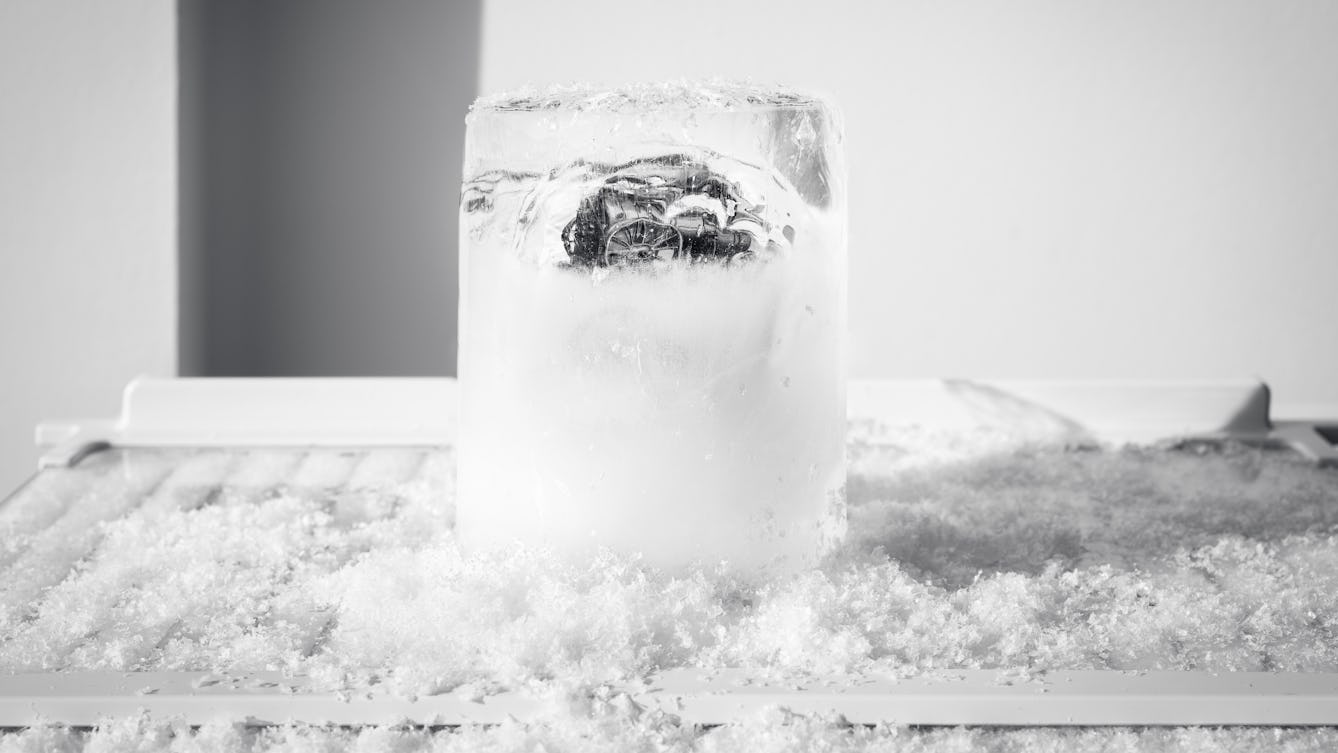
- Article
- Article
Bubbles of history
Since the 1960s, scientists have been able to study the air from past centuries by analysing particles in Arctic ice samples. But as the polar ice melts, the future of this research is changing.

- Article
- Article
Self-obsessing in the age of selfies
The tiny, joyful spark of a social media ‘like’ can lead to a damaging obsession. Find out how far people will go when their phone addiction gets the upper hand.
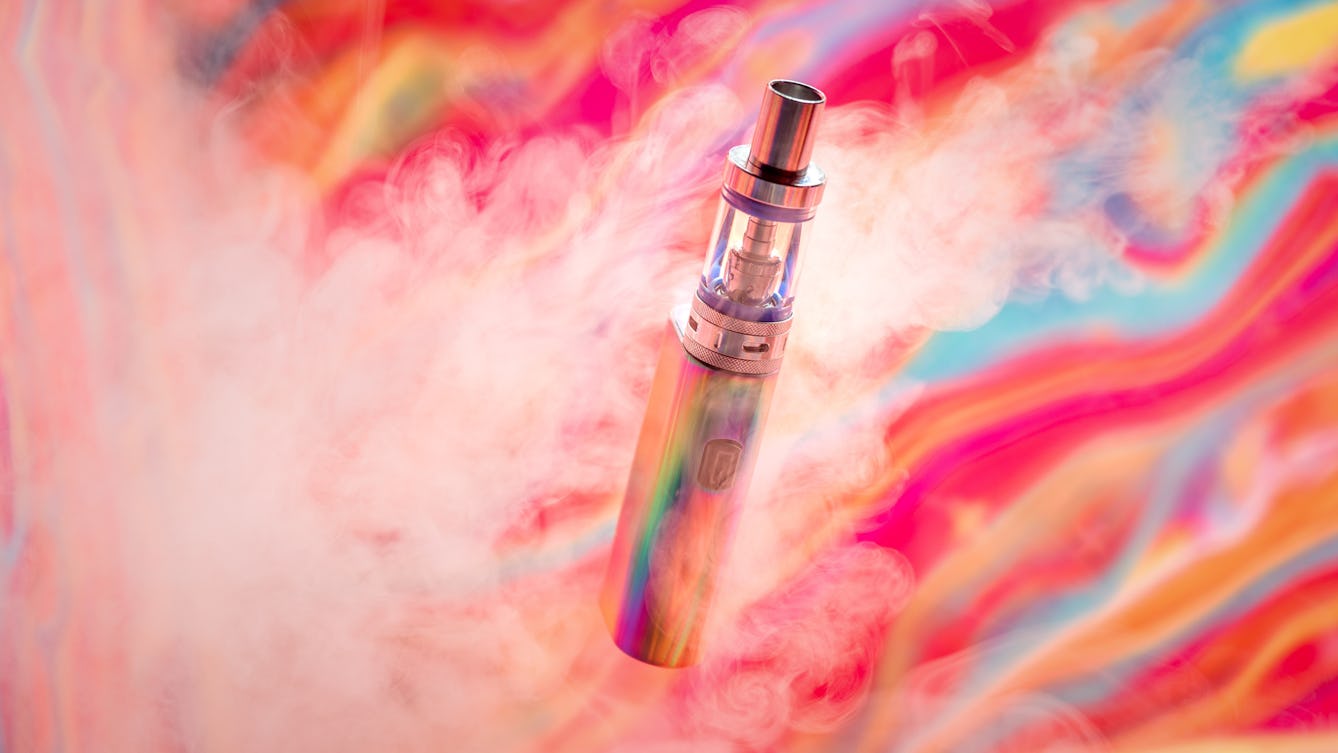
- Article
- Article
Inhaling happiness and gasping for a high
The rapid, short-lived high we get from whippets, reefers and vapes can be accompanied by long-term health consequences. The search is on for safer ways to get stoned.

- Article
- Article
Yoga adapts to time and place
A yoga teacher in 1930s India inspired today’s transnational practice with his spectacular fusion of tradition and innovation.

- Article
- Article
Medics, migration and the NHS
In the 1960s the NHS became Britain’s biggest employer. So to help fill all those jobs, the government brought in thousands of workers from abroad.

- Article
- Article
Bringing Braille back to the modern world
For anyone who thinks Braille is so last century, read on. New tech is helping dust Braille down and bring it to today’s visually impaired people.
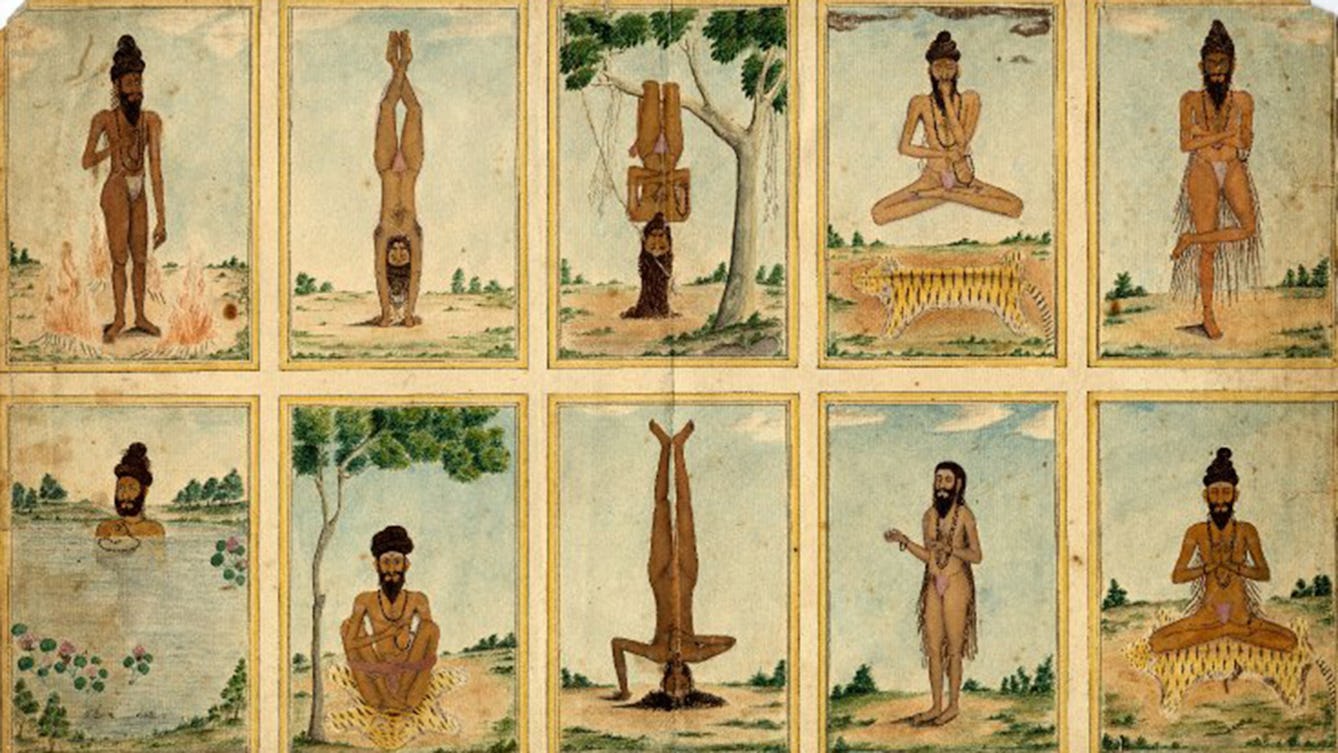
- Article
- Article
Not one yoga, but many yogas
From ancient tradition to modern gym class, yoga means many things to many people.

- Article
- Article
The birth of Britain's National Health Service
Starkly unequal access to healthcare gave rise to Nye Bevan’s creation of a truly national health service.

- Article
- Article
Vivekananda’s journey
How a young Indian monk’s travels around the world inspired modern yoga.

- Article
- Article
Getting under the skin
Before the invention of X-ray in 1895 there was really only one way to accurately study the human body, and that was to cut it open.
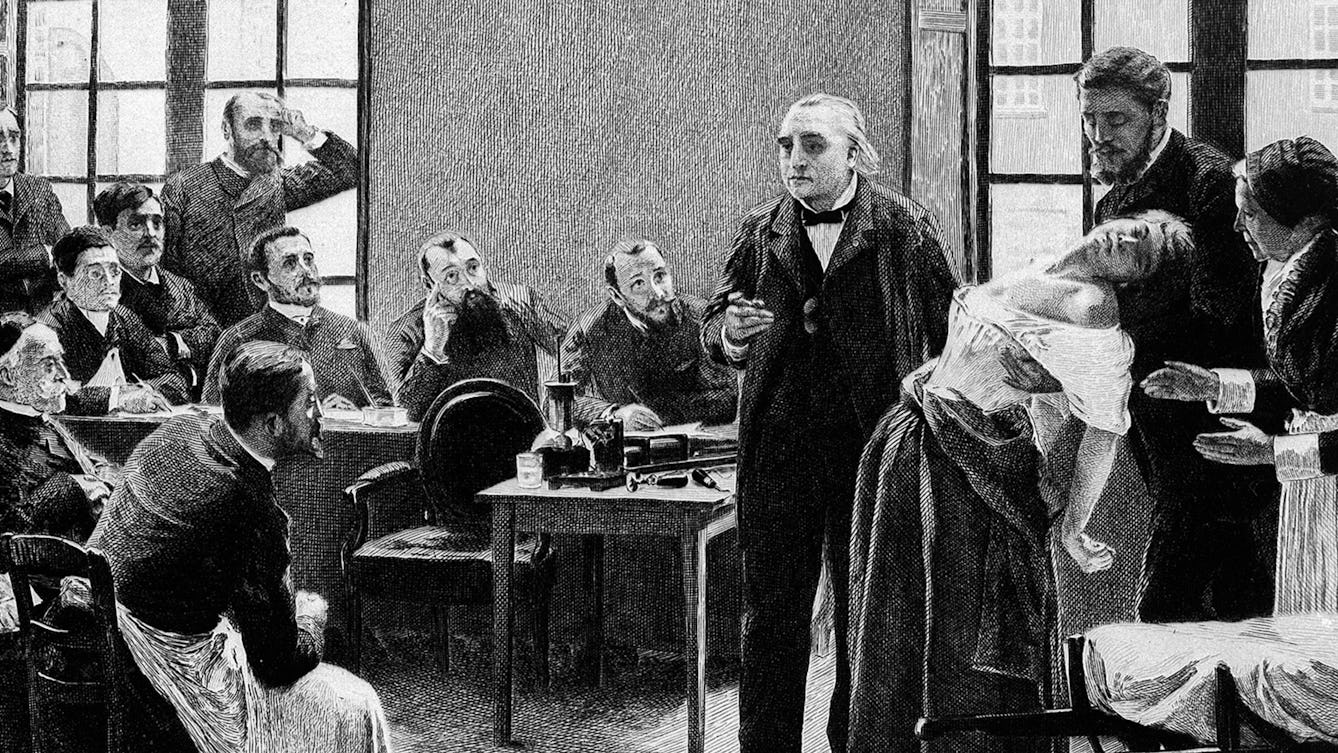
- Article
- Article
What is hysteria?
Hysteria has long been associated with fanciful myths, but its history reveals how it has been used to control women’s behaviour and bodies

- Article
- Article
The painter, the psychiatrist and a fashion for hysteria
A dramatic painting brings a famous event in medical history alive. But it also tells a tale about the health preoccupations of the time.
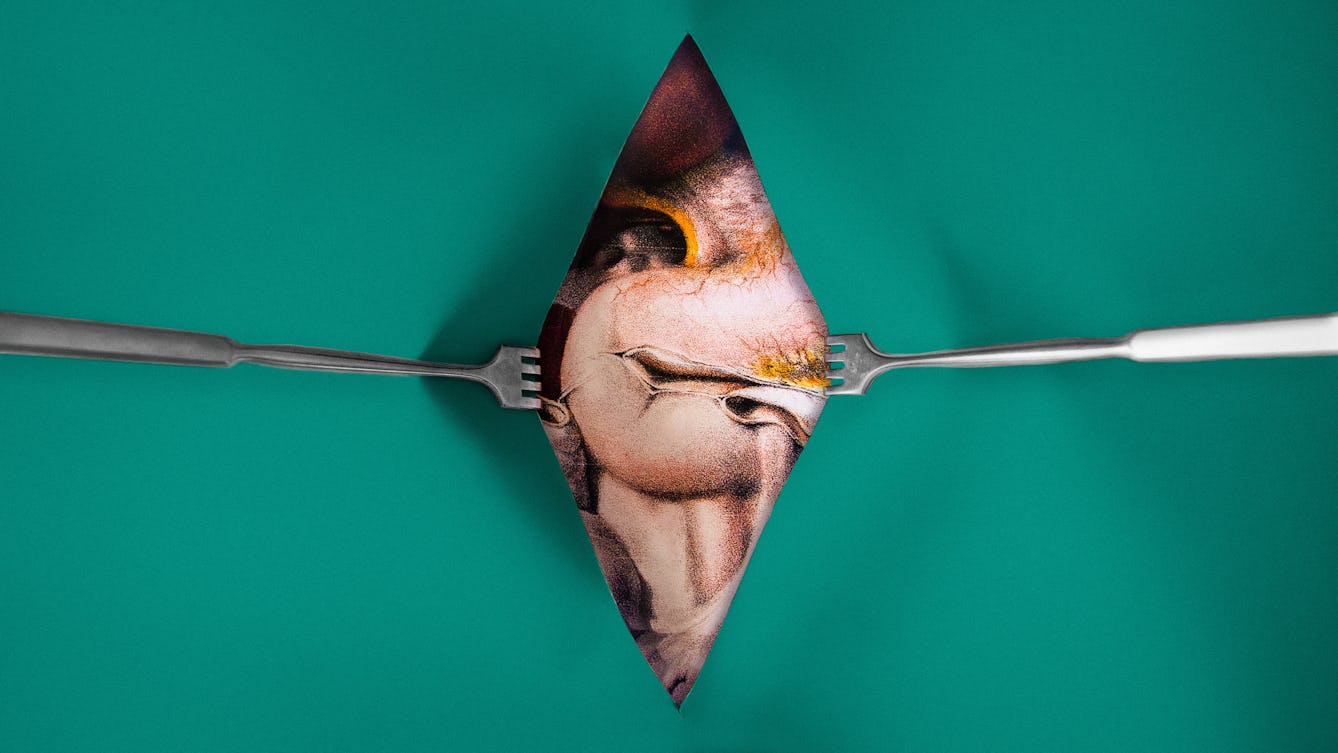
- Article
- Article
The case of the cancerous stomach
Steak and schnitzel were on the menu again after Theodor Billroth successfully excised a woman’s stomach cancer in 1881. Remarkably, today’s surgeons still perform the same procedure, with slight modifications.

- Article
- Article
Intelligence testing, race and eugenics
Specious ideas and assumptions about intelligence that were born during the great flourishing of eugenics well over 100 years ago still inform the British education system today, as Nazlin Bhimani reveals.
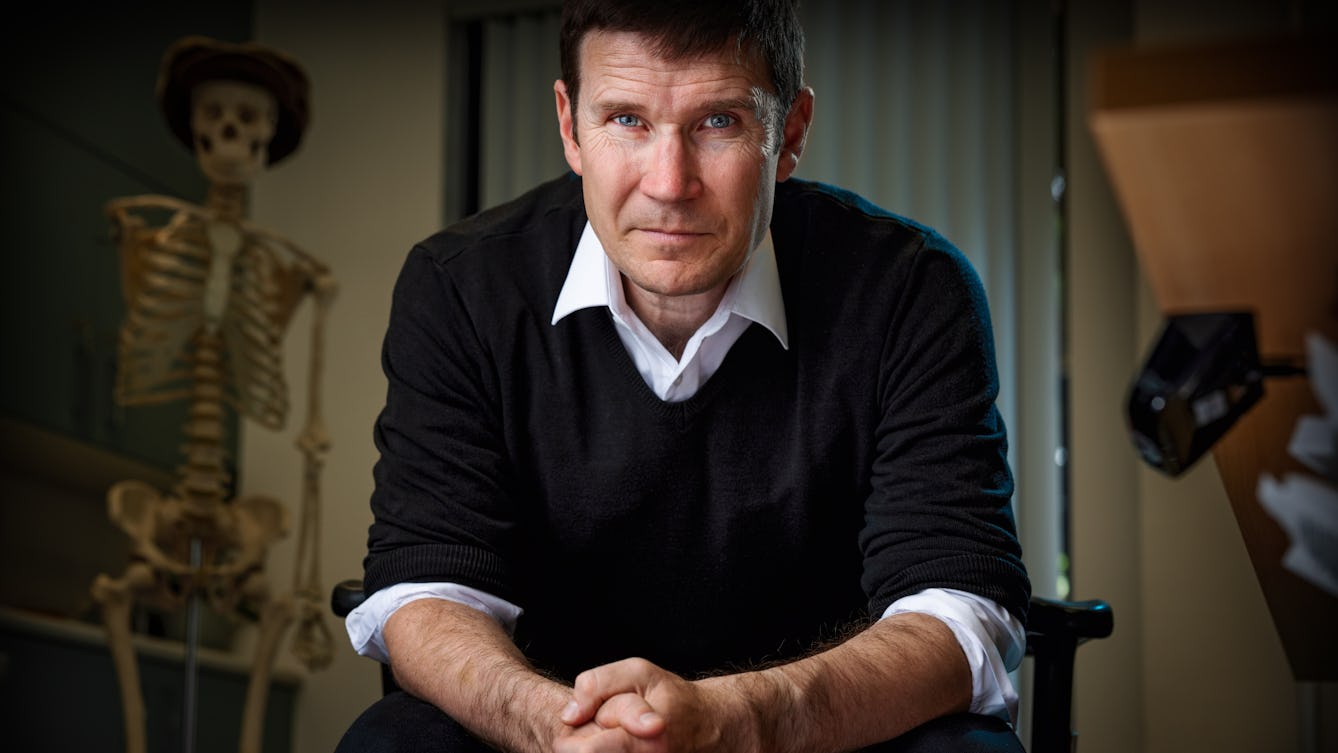
- Book extract
- Book extract
Why the NHS is worth saving
In this extract from his latest book, ‘Free For All’, Dr Gavin Francis poses challenging questions to be addressed if a health service that’s free for all at the point of use is to remain possible.

- Article
- Article
Dynamo on the past, present and future of magic
The magician takes a tour and shares stories of history and inspiration.
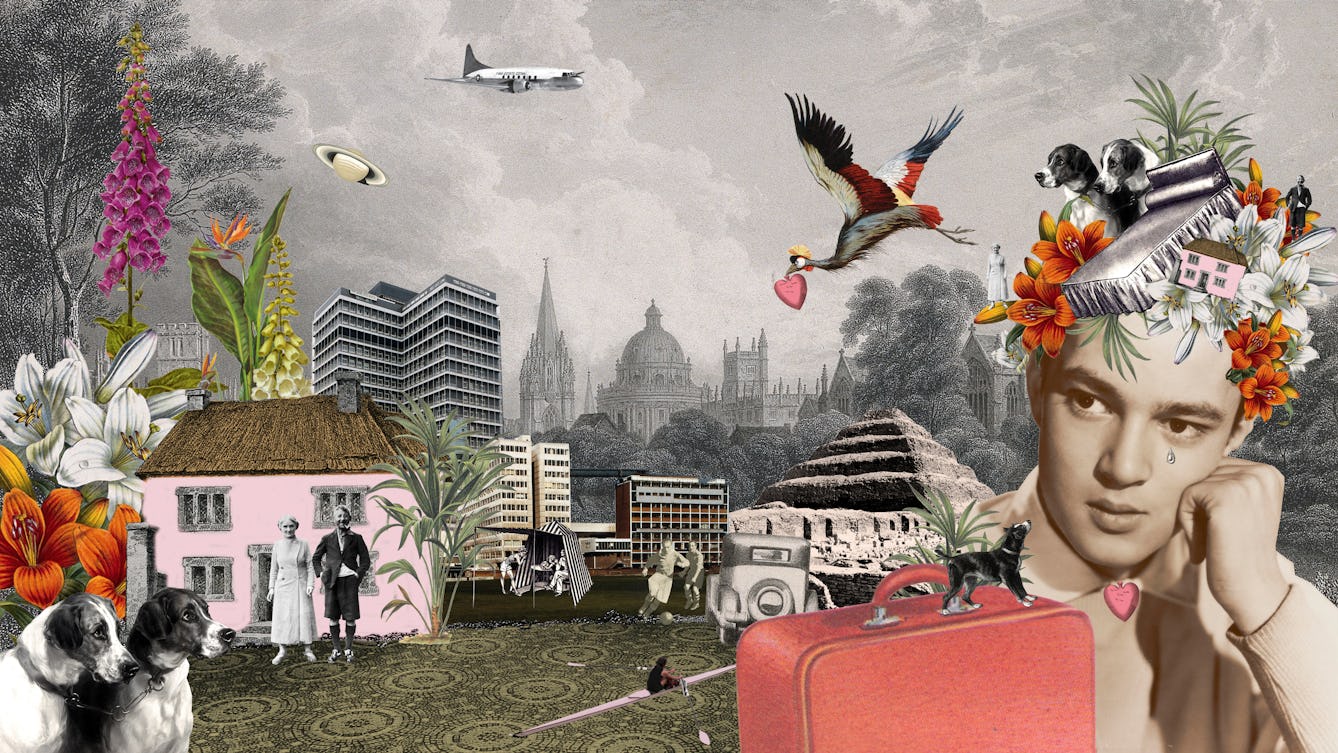
- Article
- Article
The complex longing for home
It could be mild, an almost poetic longing. Or it could be visceral, deep, an overwhelming feeling that eats into your everyday life. Come with Gail Tolley as she introduces a deep dive into homesickness.

- Article
- Article
Duelling doctors
An enduring enthusiasm for 18th-century gentlemen to defend their ‘honour’ by duelling placed doctors in a delicate position. Specially when they faced being shot themselves.
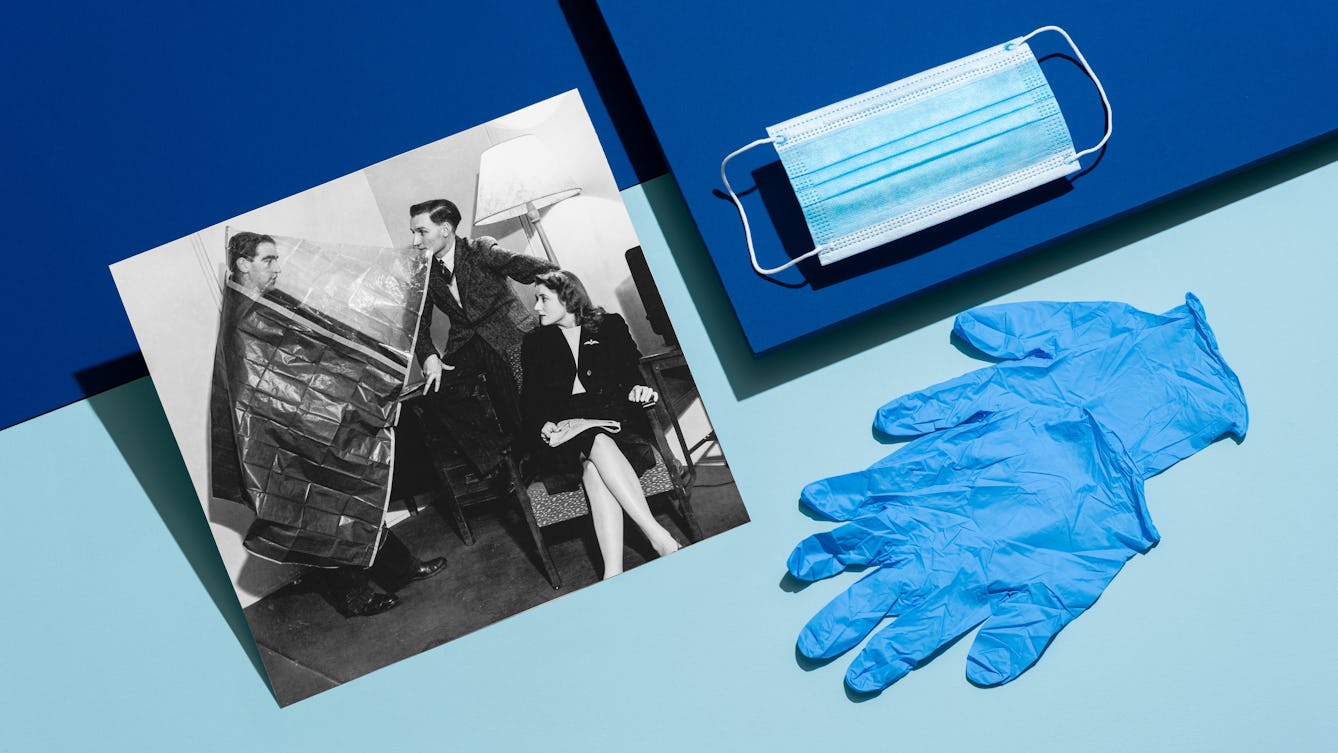
- Article
- Article
Remote romance and the common cold
Getting creatively romantic due to a virus sounds all too contemporary, but our archives show what socially distanced seduction looked like seven decades ago.

- Article
- Article
Can isolation lead to manipulation?
Military-funded researchers wanted to know if isolation techniques could facilitate brainwashing. One neuroscientist suggested that it might improve our own control over our minds.
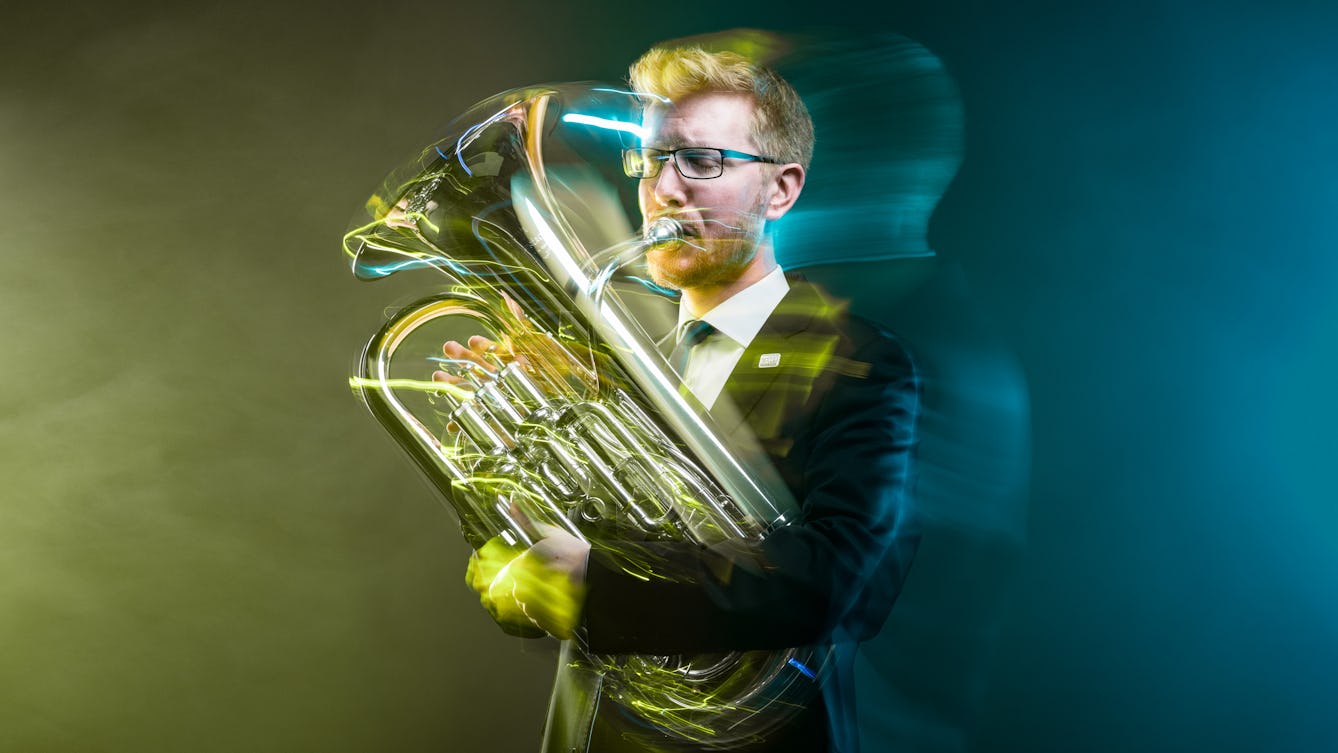
- Article
- Article
Defying deafness through music
Did you know that Beethoven’s profession meant he was ashamed to admit to being deaf? Find out how similar prejudices persist today and how our writer is helping to break them down.
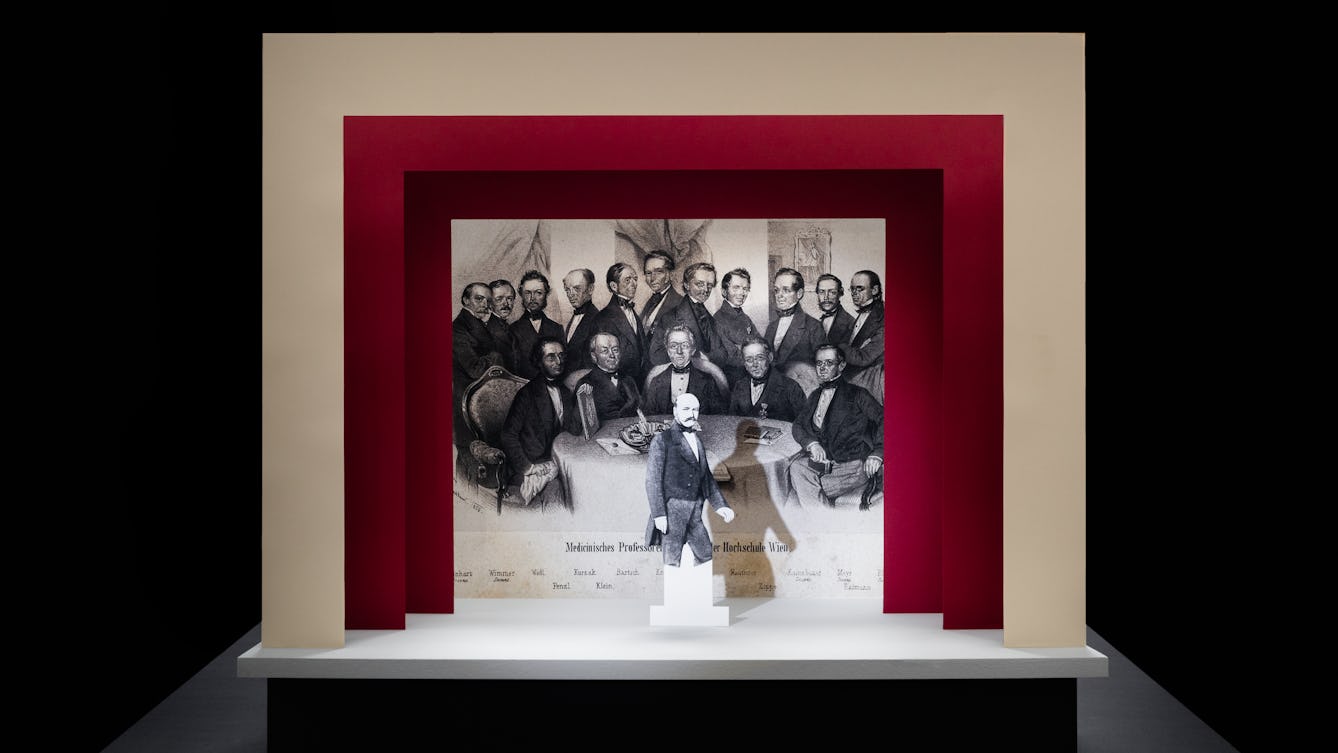
- Article
- Article
The father of handwashing
Doctors performing autopsies and then delivering babies – with not a hint of soap in between – was the grim recipe producing a lot of motherless offspring in the 1800s. But one man’s gargantuan efforts to upend accepted medical thinking turned the tide.

- Article
- Article
Dyslexia and its misconceptions
Overcoming common myths about dyslexia only adds to the challenges of growing up with the condition. Madeleine Morley, who was diagnosed with dyslexia aged eight, goes into myth-busting mode and shares her personal experiences.

- Article
- Article
Being trans in the world of sex work
Unstable. Predatory. Risk takers. Dr Adrienne Macartney sheds stark light on the hostile and negative assumptions faced by trans sex workers.

- Article
- Article
Aphasia and drawing elephants
When Thomas Parkinson investigated the history of “speech science”, he discovered an unexpected link between empire, elephants and aphasia.